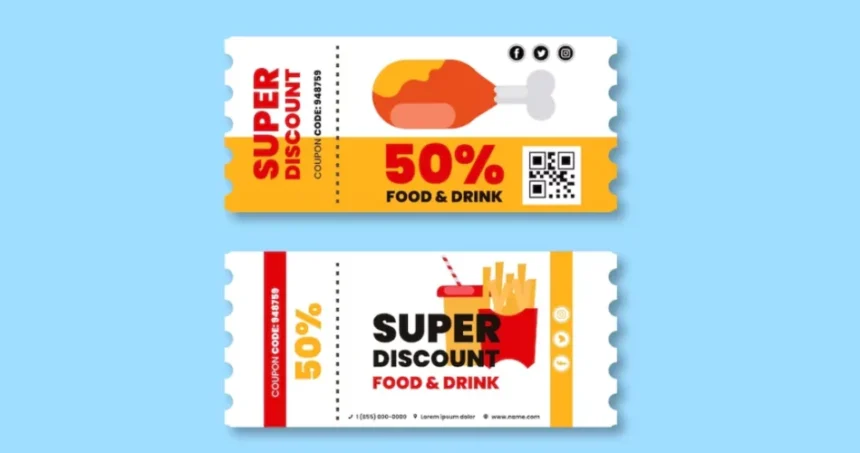https://savdeal.com/ Coupons, once simple paper slips promising discounts, have transformed into a sophisticated marketing tool shaping consumer behavior and business strategies. This article delves into the contemporary landscape of coupons, exploring their evolution, psychological impact, and the strategies businesses employ to maximize their potential.
The Digital Revolution of Coupons
The advent of the digital age has revolutionized the coupon industry. Traditional paper coupons, while still relevant, have been complemented by a myriad of digital formats:
- Online Coupon Codes: These alphanumeric codes can be applied at checkout on e-commerce websites, offering discounts on specific products or orders.
- Mobile Coupons: Smartphone apps and mobile websites allow users to access and redeem coupons directly from their devices, often through geo-targeted offers.
- Email Coupons: Businesses can send personalized coupon codes to their email subscribers, encouraging repeat purchases and customer loyalty.
- Social Media Coupons: Brands leverage social media platforms to distribute coupons, often as incentives for sharing content or following their accounts.
The Psychology Behind Couponing
The psychology of couponing is rooted in the human desire for value and reward. When consumers perceive a deal, their brains release dopamine, a neurotransmitter associated with pleasure and satisfaction. This neurochemical response drives the appeal of coupons, even for small discounts.
Additionally, coupons can induce a sense of urgency and scarcity. Limited-time offers and exclusive deals can motivate consumers to make impulsive purchases. This psychological tactic, often referred to as the scarcity principle, can significantly boost sales.
The Impact of Coupons on Businesses
Businesses employ coupons for various strategic objectives:
- Increased Sales: Coupons can stimulate demand and drive sales, especially during slow periods or for new product launches.
- Customer Acquisition: By offering attractive discounts, businesses can attract new customers and encourage them to try their products or services.
- Customer Retention: Loyalty programs and personalized coupons can foster customer loyalty and repeat business.
- Brand Awareness: Coupons can increase brand visibility and create positive associations with the brand.
However, it’s crucial to use coupons judiciously. Overusing coupons can dilute their effectiveness and erode profit margins. Businesses must carefully consider the timing, target audience, and type of coupon to maximize their impact.
The Future of Coupons
As technology continues to advance, the future of coupons holds exciting possibilities:
- AI-Powered Personalization: Artificial intelligence can analyze consumer behavior and preferences to deliver highly personalized coupon offers, increasing their relevance and effectiveness.
- Augmented Reality Coupons: AR technology can transform physical objects into interactive coupons, offering immersive experiences and gamified rewards.
- Blockchain-Enabled Coupons: Blockchain can provide a secure and transparent way to track and verify coupon usage, preventing fraud and ensuring fair distribution.
While digital coupons have gained prominence, traditional paper coupons still hold value, especially for certain demographics and specific marketing campaigns. A hybrid approach, combining digital and physical coupons, can often yield optimal results.
In conclusion, coupons remain a powerful marketing tool that can benefit both businesses and consumers. By understanding the psychology behind coupons and leveraging the latest technologies, businesses can create effective coupon strategies that drive sales, enhance customer loyalty, and strengthen brand reputation.








